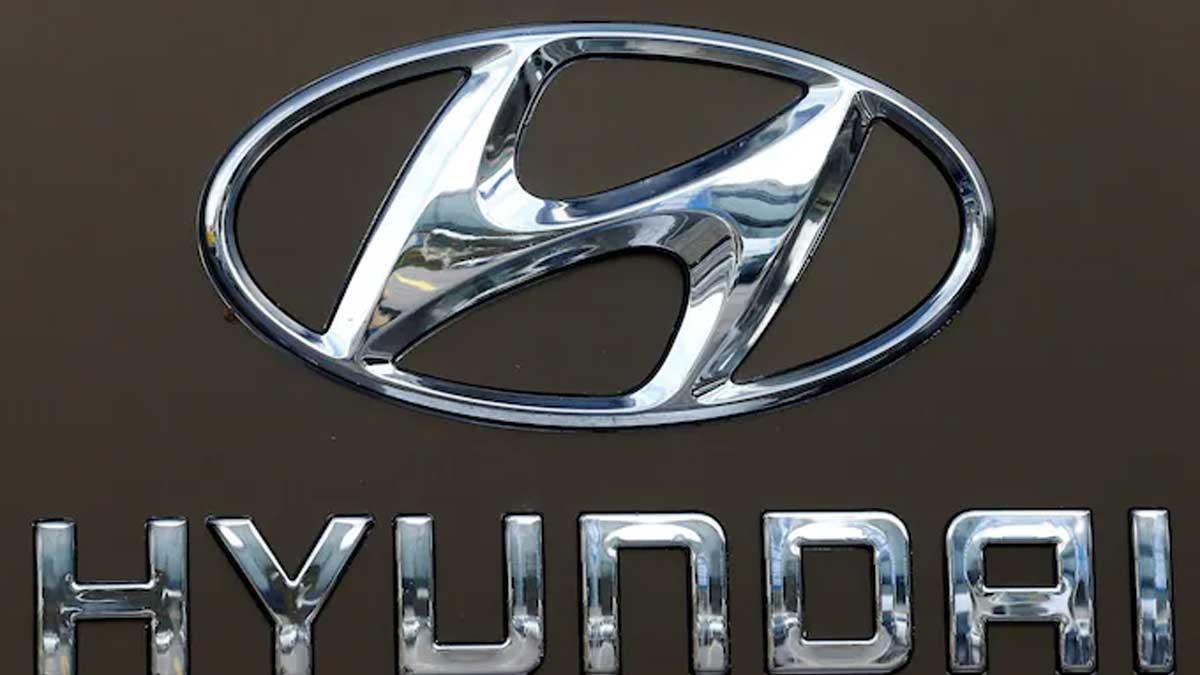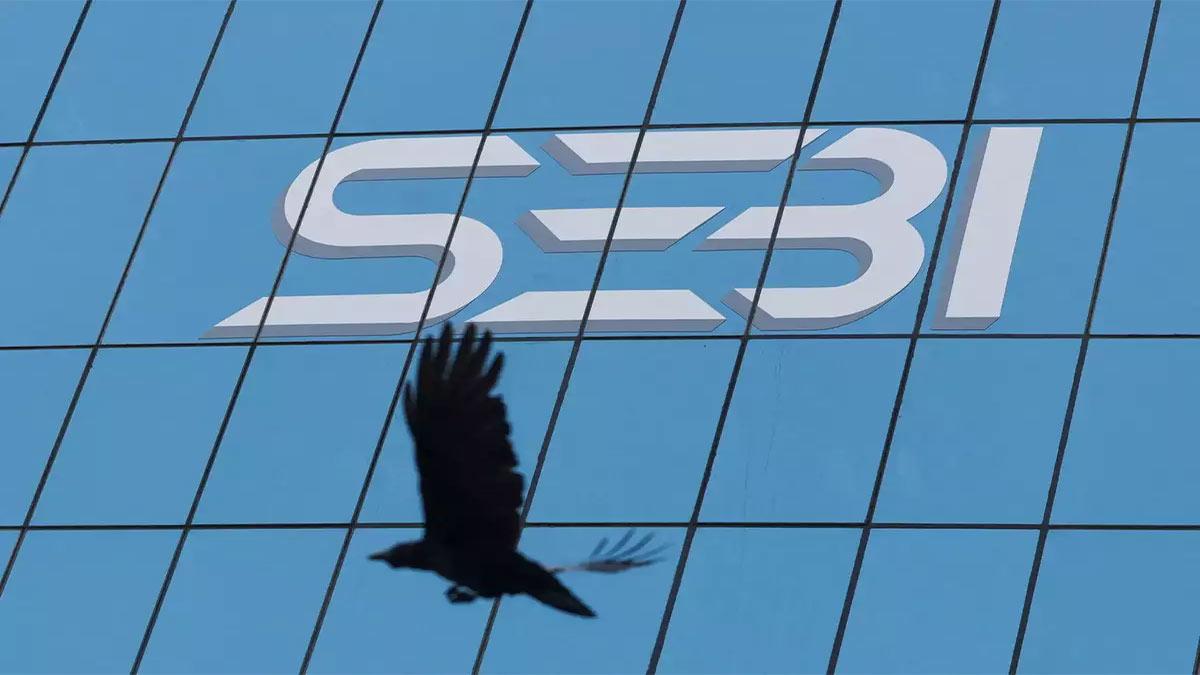Hyundai India, a stalwart in the Indian automotive landscape for nearly three decades, has recently unveiled its intentions to make a significant move by listing itself in the Indian markets. This strategic decision has caught the attention of foreign brokerage giant Jefferies, sparking discussions about the potential ramifications for other multinational corporations operating in India but yet to explore the Indian stock exchanges.
The trend of global MNCs finding success in the Indian stock market is undeniable. Companies like BAT (LON:BATS), with its stake in ITC, as well as Whirlpool, and now Hyundai, have all embarked on journeys to monetize their interests in Indian enterprises. This momentum is expected to encourage more multinational players to consider similar avenues for listing or asset monetization, according to the report.
Interestingly, many of these multinational entities have witnessed remarkable growth in market capitalization upon entering the Indian markets, outpacing their performance in their home countries. This phenomenon is largely attributed to the favorable market conditions and sustainable multiples prevalent in India, which contribute to accelerated growth opportunities.
The potential for larger global corporations such as Amazon, Samsung, Apple, and Toyota to follow suit presents a tantalizing prospect for the Indian equity capital markets. If these industry giants were to explore listing or monetization strategies for their Indian ventures, it could herald a transformative shift in the landscape of Indian finance.
Furthermore, the Indian markets are increasingly being leveraged as a funding source by multinational corporations. Hyundai India's recent expression of interest in listing in India to raise $3 billion signifies a significant milestone, potentially marking India's largest IPO valued at up to USD 30 billion—an impressive feat considering it surpasses half of its market capitalization in Seoul, which stands at $42 billion.
Similarly, Whirlpool Corporation's plans to divest up to 24 percent of its stake in its Indian subsidiary, with proceeds earmarked for global debt repayment, underscore the strategic significance of the Indian market in the global corporate landscape.
Beyond multinational corporations, the Indian equity market is also poised to capitalize on the burgeoning startup ecosystem. Over the past decade, the Indian internet economy has witnessed the emergence of over 100 unicorns, positioning India as the third-largest unicorn hub globally, trailing only behind the US and China.
These unicorns span diverse sectors such as SAAS, e-commerce, fintech, gaming, edtech, D2C, logistics, mobility, Web3, and healthtech, collectively raising a staggering USD 100 billion in cumulative funding and commanding a valuation exceeding USD 350 billion.
India's unicorn birth rate has significantly outpaced that of other countries, with a fivefold increase observed between CY18-22, compared to a more modest 2-3x growth in China and the US. This rapid proliferation of unicorns signals immense listing potential over the next 5-7 years, with prominent players like Flipkart, Swiggy, Ola Electric, and PhonePe poised to take center stage in the near term, according to the report's projections.
Read also | 'Current architecture outdated': India calls for comprehensive revamp of UNSC
Read also | If Hostage Deal Fails, IDF Plans to Strike Rafah During Ramadan: Benny Gantz


















